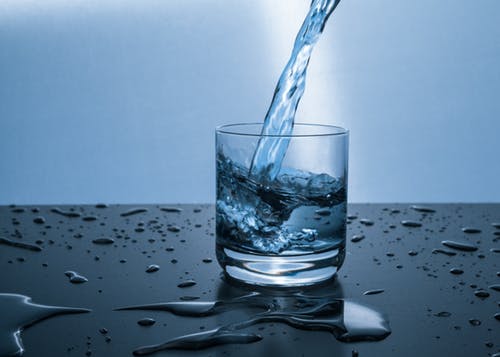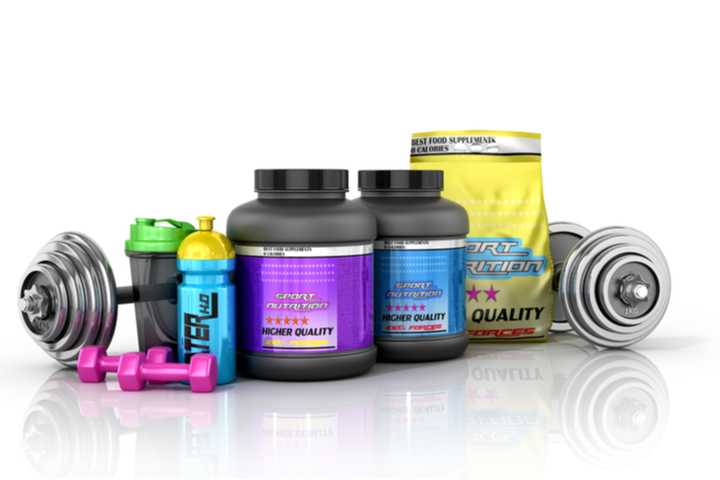Advances in sports nutrition science have improved the training and performance of athletes. Growth in health concerns, higher obesity prevalence, and increase in health clubs & fitness centers, especially in Europe and North America have led to risen demand for sports nutrition products. Moreover, shift in preference of people toward sports in European region coupled with surge in consumption of nutrition products by non-traditional users supplemented the market growth of such products. According to a research firm, the Europe sports nutrition market is projected to reach $10.43 billion by 2021.
While the new and improved sports nutrition swayed the world, only a few know ins and outs of how to use such products. Here are a couple of things you must know before you set yourself on the path of adoption sports nutrition products.
- Never judge health by weight
A person’s weight is not always a parameter for a good health. It is important to know what constitutes one’s weight. Seek help of a dietician to figure out whether you have too much fat or too little muscle. What’s more, formulate a strategy of proper exercise and diet that increases your muscle and reduces fat. This would help feel energized, perform better, and be healthier.
- Know more about protein
An athlete must include more protein in their meals. In fact, it is said that an athlete needs about double amount of proteins compared to a nonathlete. However, stuffing more proteins in your stomach is not advisable. It must be consumed in the right amounts, after right intervals; randomly eating more protein would not help you.
- Building muscles need more than consuming proteins
As mentioned above, you must know your protein intake. Apart from this, you must focus on building muscles as it needs a combination of several factors. You need to add resistance to muscles, stay in a balanced energy balanced state to promote anabolic hormone production, and adequate sleep. Moreover, having a proper supply of nutrients to maintain tissue health is vital for building muscles.
- Inadequate meals are unhealthy
If you are an athlete, having inadequate meals could be dangerous. Skipping meals or eating in patterns that fail your energy requirement create multiple problems such as increase fat levels and cardiometabolic risk factors while reducing lean mass. In fact, frequent eating is related to lower caloric intake due to better appetite control.
- Choose your food wisely

If you believe a certain type of food is good for your health and thus you keep eating it, again and again, you might endanger your health. There is no perfect food; you need to eat in combinations and variety of foods must be well-distributed throughout the course of the day. This way, you don’t intake too much of anything bad and expose tissues to all the nutrients that your body needs.
- Keep yourself hydrated
Maintaining a proper fluid balance is vital for any athlete as it helps to sustain heart stroke volume, enable providing nutrients to working cells, and maintain sweat rates. Moreover, a hydrated body delivers nutrients to working cells and improves metabolic waste products from cells.
- RED-S is threatening
RED-S or Relative Energy Deficiency in Sport could lead to several health issues. An athlete needs to exercise and it would happen only if you have sufficient energy to support your workout. On the other, if you often post-load by consuming calories after workouts, it could lead to health and performance consequences.

- Include fresh fruits in your diet plan
Insufficient consumption of fresh fruits and vegetables harm the microbiome and increase body fat percentage along with reducing athletic performance. On the other hand, the intake of fresh fruits helps sustain good bacterial colonies that are present in the gut. Moreover, fruits offer the carbs that you need for maximum performance.
- Recovering from exercise is important
Having intense workouts put stress on your muscles and only rigorous exercise does not offer all health benefits. You need to give muscles enough time to recover from that stress. Thus, adequate stress is vital for maintaining eating habits and muscle recovery.
- Along with the body, maintain your mental health
Increased stress levels impact your eating habits. A person with an increased stress level tends to eat energy-dense foods that are rich in fats and sugar. Develop a strategy for stress-reduction or seek help to do so to maintain your performance and health.

Author bio: Swamini Kulkarni holds a bachelor’s degree in engineering and works as a content writer. She is deeply fascinated by technological advancements and the trending topic in the world. When she is not glued to the computer, she loves to read, travel, and spend time thinking about how she could read and travel more often.












More Stories
The Top 55 Foods for a Lean-Body
6 Great Benefits of Using Oats
Just Your Reminder To Take Some Garlic